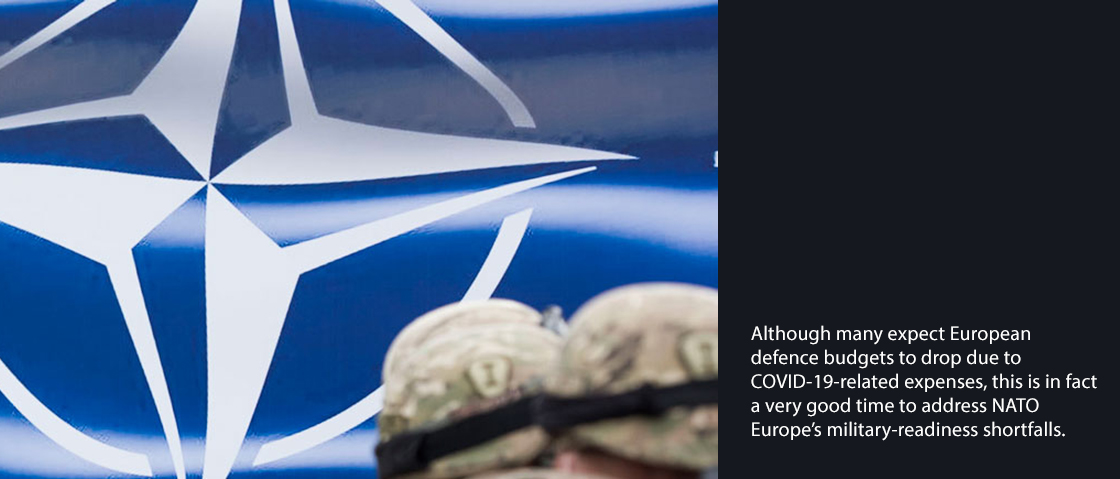Could Europe dispense with the services of the US military? And could it cope on its own with Russia’s querulous foreign policy and revived military? Barry Posen argues that Europe is better placed to defend itself militarily than many, including the IISS, have portrayed it to be. This opinon piece was published first here in the IISS Survival Editors' Blog.
US President Donald Trump has regularly expressed dissatisfaction with NATO and the European Union over the last four years. The palpable distress this has caused among European officials has created room to ask the question of whether Europe could look after itself on security matters. Could it dispense with the services of the US military? More specifically, could Europe cope on its own with Russia’s querulous foreign policy and revived military?
There are many facets to this question – political and military, nuclear and conventional. The conventional military question attracts a lot of attention, because it is the question most closely connected to the enduring debate on whether the Europeans spend enough on defence. Conventional forces are very expensive, consuming the lion’s share of the defence budgets of even the strongest nuclear powers, and Europe has long been accused of woefully under-investing in defence.
Below I review and critique one widely cited and pessimistic assessment of Europe’s ability to defend itself without US assistance: the International Institute for Strategic Studies’ (IISS) ‘Defending Europe: Scenario-based Capability Requirements for NATO’s European Members’. I briefly summarise the IISS’s methodology and conclusions. I argue that the study’s choice of scenario, as well as many of its critical assumptions, largely determine the conclusions. I then develop an alternative scenario, and using the same methodology as the IISS demonstrate that Europe may already have a very good autonomous capability to defend itself.
In general, observers agree that the Europeans could not go it alone. This would seem to follow logically from NATO’s official pre-pandemic goal that all members should spend 2% of GDP on defence – a demanding objective given that the European average is 1.5%. If a 25% shortfall currently exists, with the prospect of US assistance, how could the Europeans be competitive with Russia on their own? I argue that the Europeans could indeed be competitive with Russia. There is sufficient force structure in terms of brigades and squadrons, armed with relatively modern equipment. But there are also well-known problems with Europe’s military forces, including poor readiness and poor sustainability due to inadequate stocks of ammunition and spare parts. Details are closely held, so the evidence is largely anecdotal. It does suggest, however, that the Europeans have not spent enough to bring their forces up to their full potential. Due to the scarcity of granular readiness information, open-source analysts have focused on larger questions for which data is more plentiful. In particular, are extant European brigades and squadrons roughly adequate to address a Russian challenge? The headline answer is no. Yet on closer inspection, depending on the scenario, I find that the answer is probably yes. On its face, this conclusion seems plausible, given that even 1.5% of Europe’s collective GDP is a great deal of money. It is important because if the extant force structure is broadly sufficient, Europeans could expeditiously address their readiness problems if they chose to do so.
This article appears in the December–January issue of Survival: Global Politics and Strategy.




